Vitamins & Minerals
Vitamin D Deficiency Covid 19 Link
Experts Recommend Affordable Vitamin D Supplements During Coronavirus Pandemic

Recent studies have concluded that a large number of Covid-19 hospital patients have low levels of Vitamin D. Experts have even suggested that affordable Vitamin D supplements could prove beneficial. Our bodies produce this important vitamin when our skin is exposed to natural sunlight, and there are concerns that as European countries like the UK are experiencing fewer hours of daylight throughout the winter months, the link between Vitamin D deficiency and Covid-19 could become an even greater problem.

What Vitamin D Related Covid-19 Studies Have Told Us:
Following Vitamin D tests in coronavirus patients in Spain it was discovered that 82% of those tested had a Vitamin D deficiency. During the study, 216 patients were tested at the Marqués de Valdecilla University Hospital in the city of Santander and it was found that more men than women had vitamin D deficiency. This study also suggested that coronavirus patients with Vitamin D deficiency showed increased levels of inflammatory markers which increase within the body when it is fighting off an infection. Patients with Vitamin D deficiency also had increased serum blood levels and the inflammatory markers included elevated levels of ferritin and D-dimer.
Dr Jose Hernandez, a researcher from the University Of Cantabria in Spain, said: “One approach is to identify and treat vitamin D deficiency, especially in high-risk individuals such as the elderly, patients with comorbidities, and nursing home residents, who are the main target population for the COVID-19.”
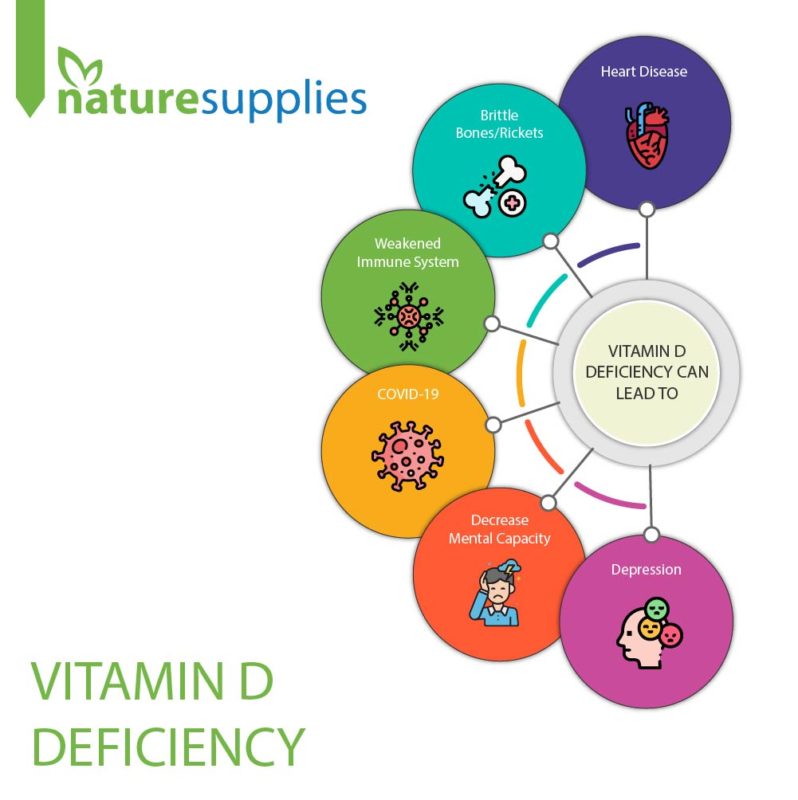
He went on to say: “Vitamin D treatment should be recommended in COVID-19 patients with low levels of vitamin D circulating in the blood since this approach might have beneficial effects in both the musculoskeletal and the immune system.”
There is now a large group of Spanish researchers calling for Covid-19 patients to be treated with Vitamin D supplements ‘since this approach might have beneficial effects’ with negative side effects being extremely rare.
Another Spanish study was conducted at the University of Cordoba in September. During the study a type of Vitamin D supplement, called calcifediol, was given to 50 hospitalised coronavirus patients. All 50 patients who had taken the Vitamin D based supplement survived Covid-19 and were discharged from hospital. In a separate control group of 26 patients who were not given Vitamin D supplements, two of the patients within this group died. This study has, however, been criticised by scientists who believe the sample size was too small to draw any conclusive evidence with regards to the benefits of Vitamin D supplements when treating Covid-19 patients.
Vitamin D tests on coronavirus patients have been carried out in other parts of the world too. At the Queen Mary University, London, UK, tests looking into the potential benefits of Vitamin D supplements for Coronavirus patients is underway. 5,000 volunteers will take the vitamin for a total of six months and researchers will look to conclude whether Vitamin D puts people at less risk of catching the infection and whether they are less severely affected if they do happen to contract Covid-19 during the severe winter months.
People in the UK are at most risk of developing Vitamin D deficiency between the months of October and April, with the reduction in sunlight hours making it difficult for the human body to produce the vitamin. Many UK doctors are calling on people to take affordable Vitamin D supplements, which have no dangerous side-effects.
Studies have also been carried out in the USA. At Northwestern University, a study which was published in May, concluded that patients who suffer from severe Vitamin D deficiency are twice as likely to experience major complications and die from Coronavirus than those with sufficient levels of Vitamin D.
Studies by both Tehran University in Iran and Boston University, USA also came to the conclusion that Coronavirus patients with sufficient levels of Vitamin D were less likely to die from the disease. A study involving 235 hospitalised Covid-19 patients concluded that those with sufficient levels of vitamin D were not as likely to become critically ill or need ventilation.
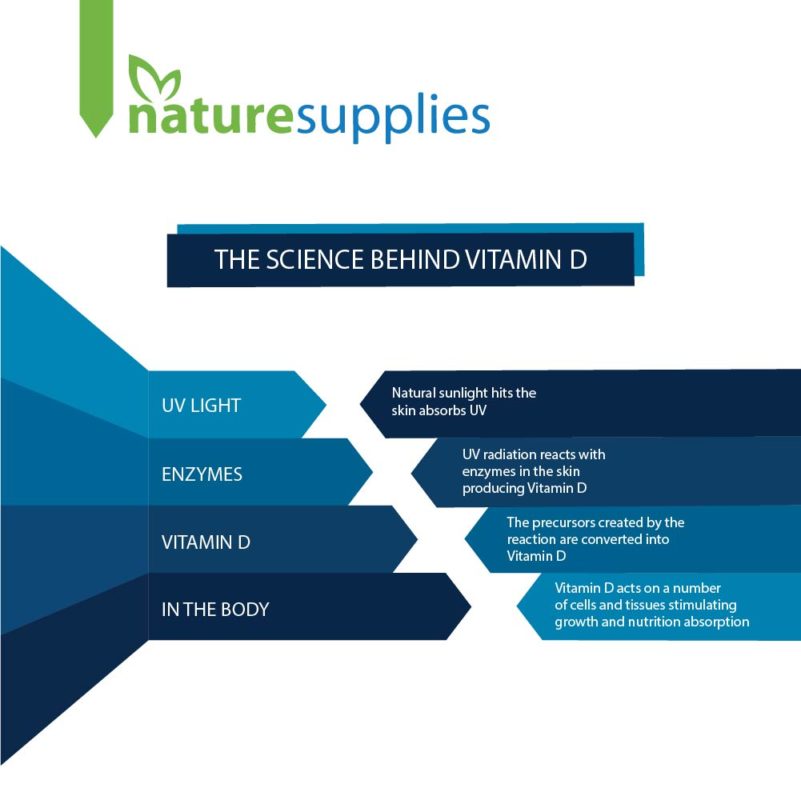
Some of these tests, however, have been criticised for not taking in to account other factors such as smoking and underlying health conditions. Three other studies have also suggested that people with sufficient levels of vitamin D are less likely to contract Covid-19 in the first place.

More About Vitamin D
Vitamin D is often referred to as the ‘sunshine vitamin’ because it is produced by our skin in response to exposure to natural sunlight. Vitamin D can also be acquired through our diet. Food which is high in vitamin D include oily fish like salmon, herring, sardines and tuna. Other rich sources of Vitamin D include mushrooms and egg yolks. You can also acquire Vitamin D in liquid form through cow’s milk, soy milk and orange juice.
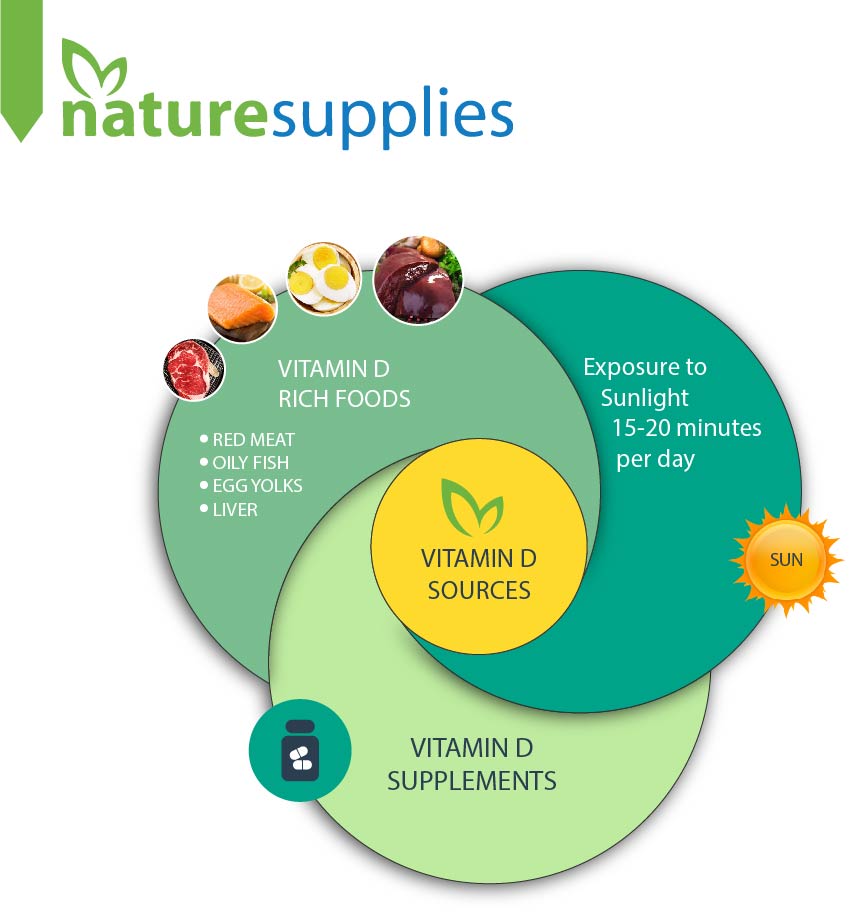
This fat-soluble vitamin belongs to a family of D Vitamins which include the vitamins D-1, D-2 and D-3. Vitamin-D has many important functions which includes the regulation and absorption of calcium and phosphorus. Vitamin D also promotes normal immune system function which is why many people believe it improves a person’s resistance against certain diseases. It also contributes to the normal development and growth of healthy teeth and bones.
Research has shown that Vitamin D could have other benefits too. Studies have suggested that Vitamin D could help to regulate mood and play an important part when it comes to mental health in reducing levels of depression. Vitamin D has also been linked to weight loss and the maintenance of a healthy weight.
Vitamin D Deficiency
In summer months, most people produce sufficient levels of vitamin D as a result of exposure to Ultraviolet (UV) Rays through natural sunlight to avoid becoming Vitamin D deficient. However, in the UK it is believed that around two in five people are vitamin D deficient between the months of October and April. The NHS claim that babies under the age of one require 8.5 to 10 micrograms of vitamin D a day. They recommend that children from the age of one and adults get at least 10 micrograms of Vitamin D every-day. People with very little sunshine exposure are especially prone to vitamin D deficiency and it is also more common among people with dark skin.
Vitamin D deficiency can cause an array of different symptoms. You may be vitamin D deficient if you are:
- Getting sick or ill on a regular basis
- Fatigued or Tired
- Suffering from Bone and Back Pain
- Finding that wounds are slow to heal
- Struggling with low mood or you are feeling depressed
- Experiencing hair loss
- Experiencing muscle pain
- Suffering from Bone loss
A severe lack of vitamin D can cause soft bones which is better known as osteoporosis which simply refers to a lack of bone density. In children, a bone deformity known as rickets can occur when severe levels of vitamin D deficiency are present.
Vitamin D Supplements
If you are not getting enough vitamin D from exposure to natural sunlight or through your diet, then you should certainly consider taking vitamin D supplements on a regular basis. Vitamin D supplements are a safe option as adverse side-effects are extremely rare. There are different types of vitamin D supplements to choose from. Some Vitamin D supplements only contain Vitamin D whereas you can also buy multivitamins which comprise of a wide range of vitamins including vitamin D. Here are some options:
Vitamin D3 Capsules
Affordable Vitamin D3 capsules are the most popular option among people wanting to obtain higher levels of vitamin D. This supplement is suitable for both adults and children. The NHS recommends giving children between the ages of one and four a vitamin D supplement which contains 10 micrograms of vitamin D every day.
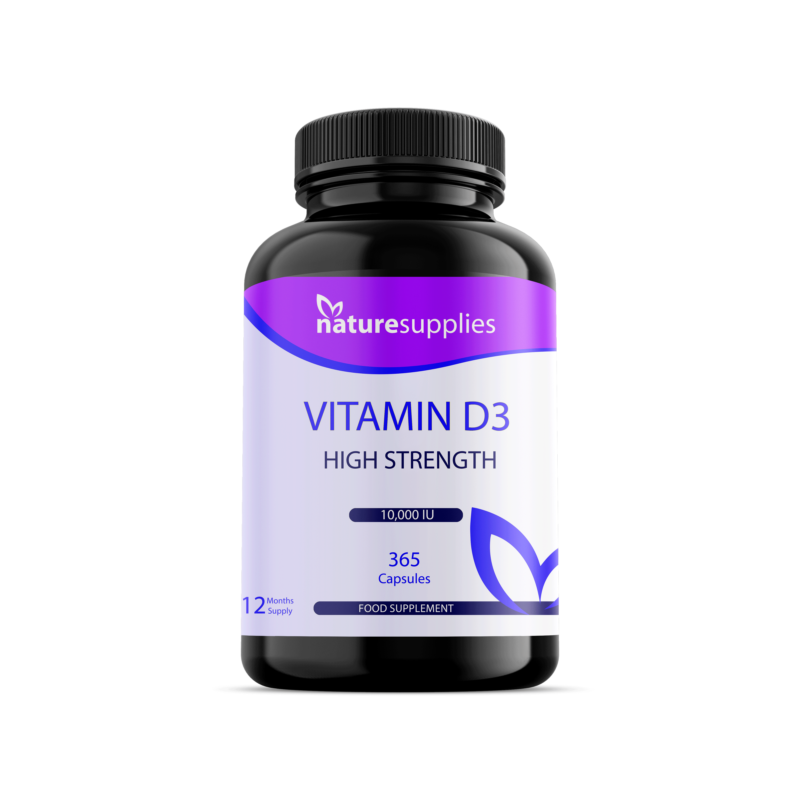
Calcium and Vitamin D3 Tablets
Tablets which contain both calcium and vitamin D3 offer a well-rounded supplement. Taking the important mineral calcium in combination with vitamin D3 will help to promote the normal function of teeth and bones. These supplements are particularly beneficial to people who are lactose intolerant and have trouble digesting the type of sugar found in dairy products like cow’s milk.
Multi Vitamin Tablets
To ensure you are getting a wide range of important minerals and vitamins then you could choose to buy Multi Vitamin supplements. In addition to Vitamin D3, Multi Vitamins also contain; Vitamin C, Vitamin E, Zinc, Vitamin A, Vitamin B12, Folic Acid, Magnesium, Potassium and Biotin. These cost-effective one-a-day supplements are available in tubs containing 365 tablets each which means just one tub will provide you with an entire year’s supply of multi vitamins.
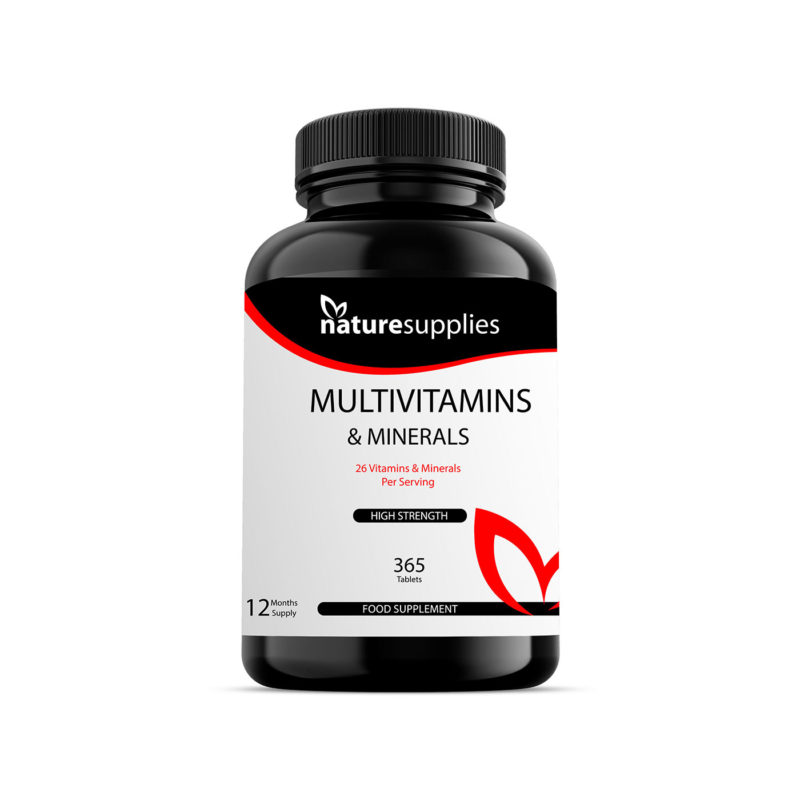
Reference 1: Daily Mail: Click Here
Reference 2: Sky News: Click Here
